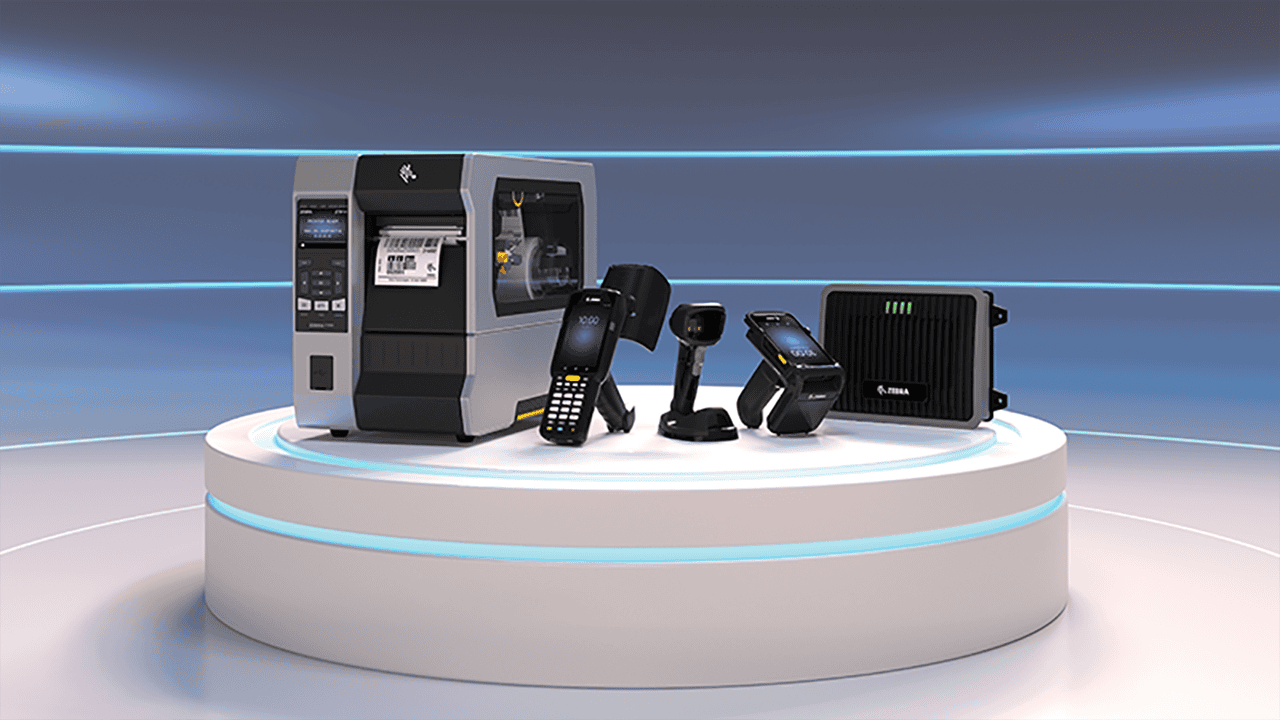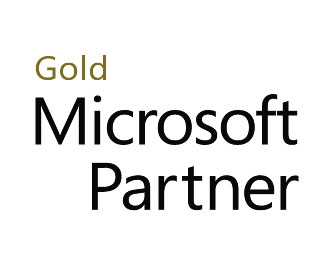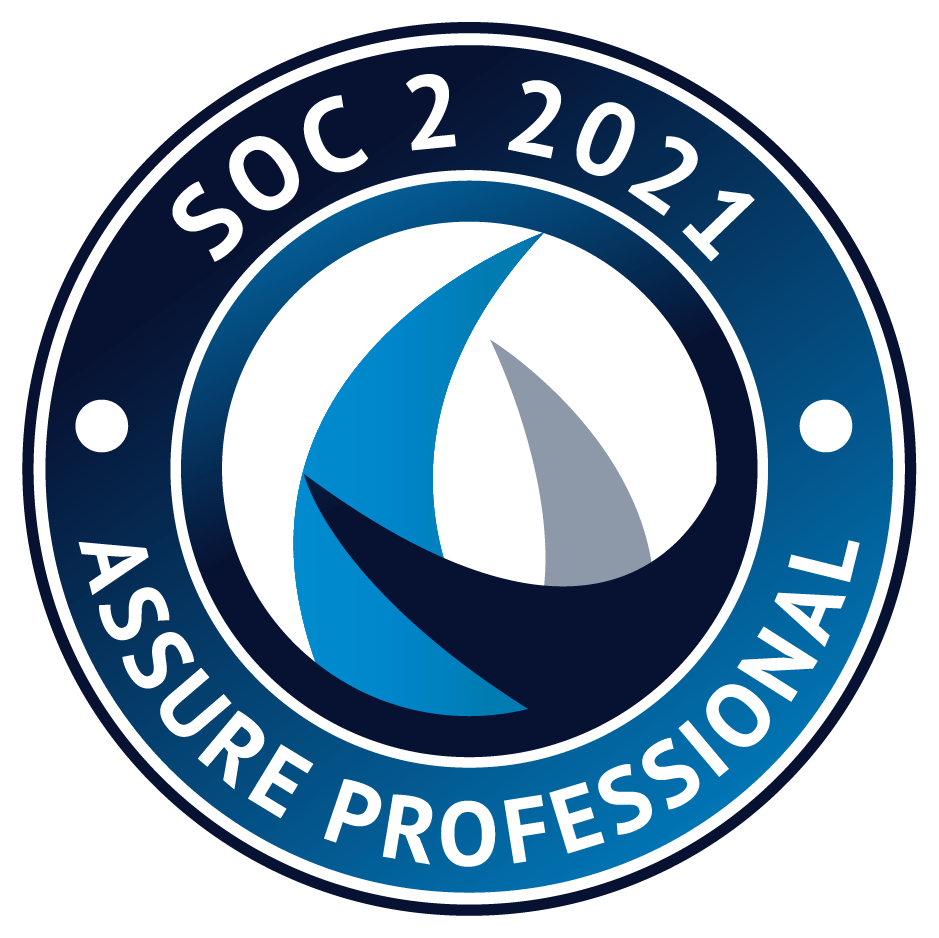Returnable Containers – Supply chain visibility challenges
One of the biggest challenges related to returnable container tracking is a lack of visibility. Manufacturers and suppliers cannot see the parts and containers that are moving through the supply chain. But locating returnable containers is a necessary evil – it ensures that parts reach their destination on time and in-tact.
The challenge
The tracking process can be challenging in a complex supply chain where millions of containers must be moved quickly – and is made even more challenging with the manual procedures that many businesses still employ. Visibility without technology is especially difficult because there are several points in the supply chain at which containers are checked in and out, including sequencers, third-party logistics providers, suppliers, manufacturers and more.
Aside from slowing down the process, manual procedures can also cause inaccuracies. For example, if containers are shipped to the wrong manufacturer, the recipient might not know what to do with them and just keep them on his or her lot. This is problematic, because in order to make the process a valuable one that saves time and money, the same returnable containers should be used as many times as possible.
A new approach
Naturally, in 2014, there is a more technologically advanced approach to container tracking than manual check-ins and check-outs. With radio frequency identification (RFID) technology, supply chain businesses can make the process a streamlined, accurate one that they are able to track in real-time. And while the initial cost of the technology may be more than manual procedures, the time saved and eventual return-on-investment makes it more than worthwhile.
Here are four signs you need a more systematic approach to returnable container tracking:
1.) You can’t control your container cycle time or handling costs.
As a supply chain manager, you have little control over or insight into the speed at which returnable containers are cycled – and therefore little control over container handling costs. Because you lack necessary visibility, you end up spending more money to manage your returnable containers than you spent on them in the first place. For example, when containers are not returned quickly enough, you are forced to send out additional containers to ensure parts arrive on time.
2.) You have an unnecessarily large container inventory.
Could you take several returnable containers out of your cycle without compromising your efficiency? If so, your container inventory is probably an unnecessary size. Many supply chain businesses have a larger container inventory than they need – without even knowing it – because their containers are not cycled through the supply chain quickly enough to be reused.
With improved visibility through real-time RFID tracking technology, supply chain managers will know exactly where their containers are and exactly how many they need in order to remain productive and profitable. Improved insight can pave the way for potential savings on container inventory carrying costs and management time.
3.) You worry about or have experienced inventory shrinkage.
Just as problematic inventory excess is inventory depletion. Do you often worry about whether or not your returnable containers will make it back to your facility? To reiterate the example at the beginning of this post, have you ever experienced a situation where your containers were sent to the wrong facility and disposed of or stowed away? Misplacement and shipping errors are serious concerns for supply chain businesses, costing considerable time and money to fix.
4.) You have had to use substitutes.
Substitutes, or one-time use containers, are another serious issue related to a returnable container inventory that is not optimized and traced in real time. They are often used when containers have been misplaced, gone missing or are making a slow return. These add to your management time and related costs. An RFID-bolstered returnable container tracking system can help to mitigate these risks and reduce the need for substitutes.
Have you experienced any of these issues?
Comment below and share your thoughts or contact us. We would love to hear about the challenges you are facing.








